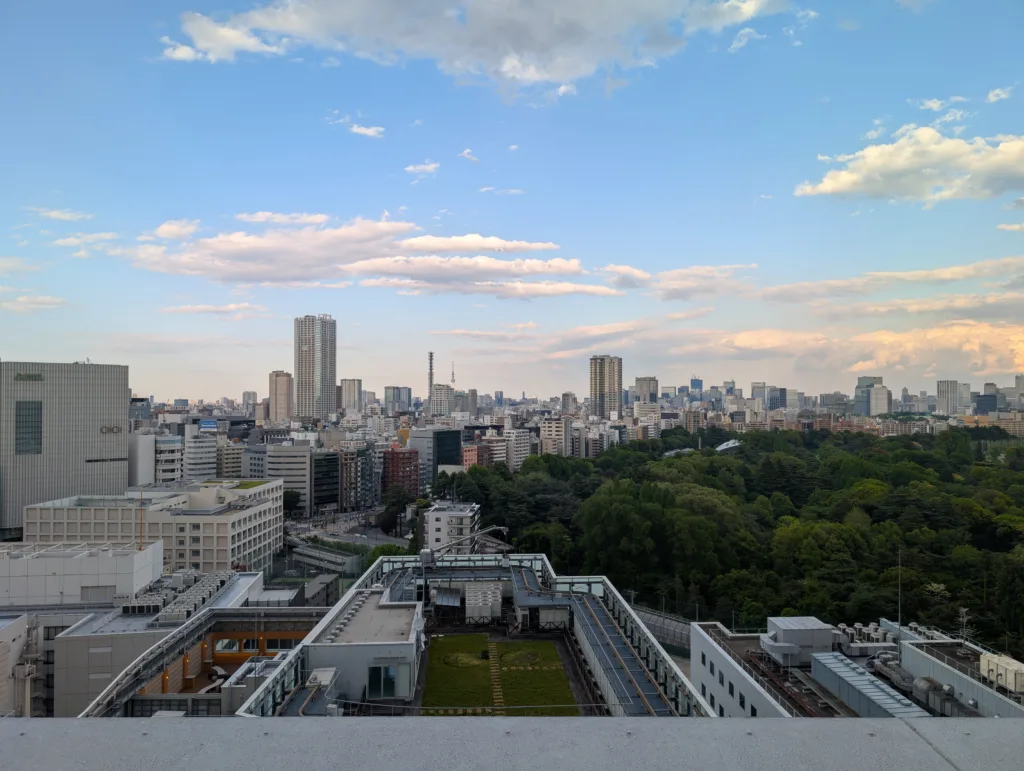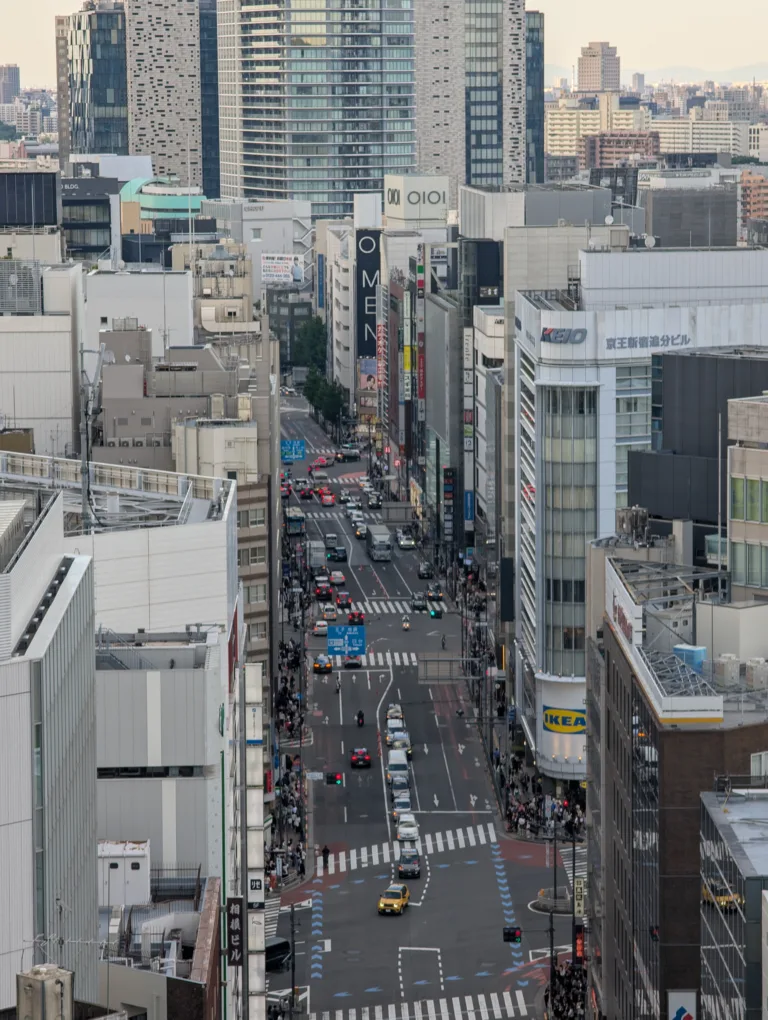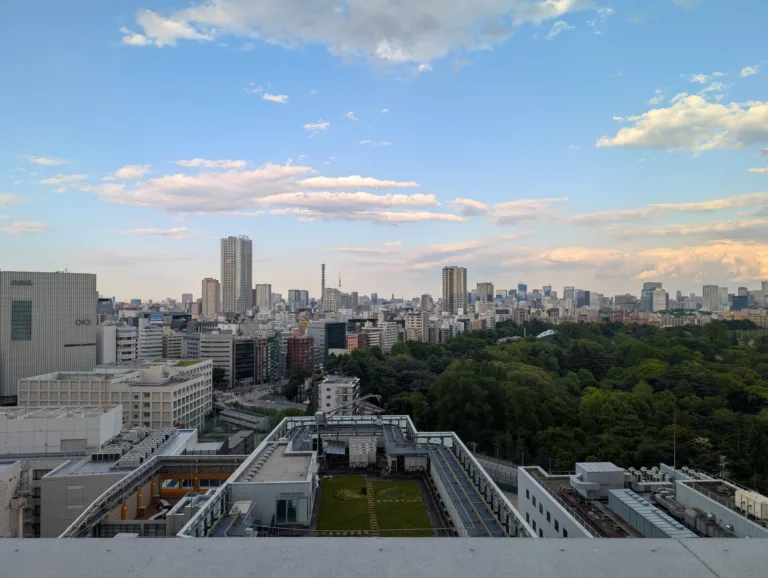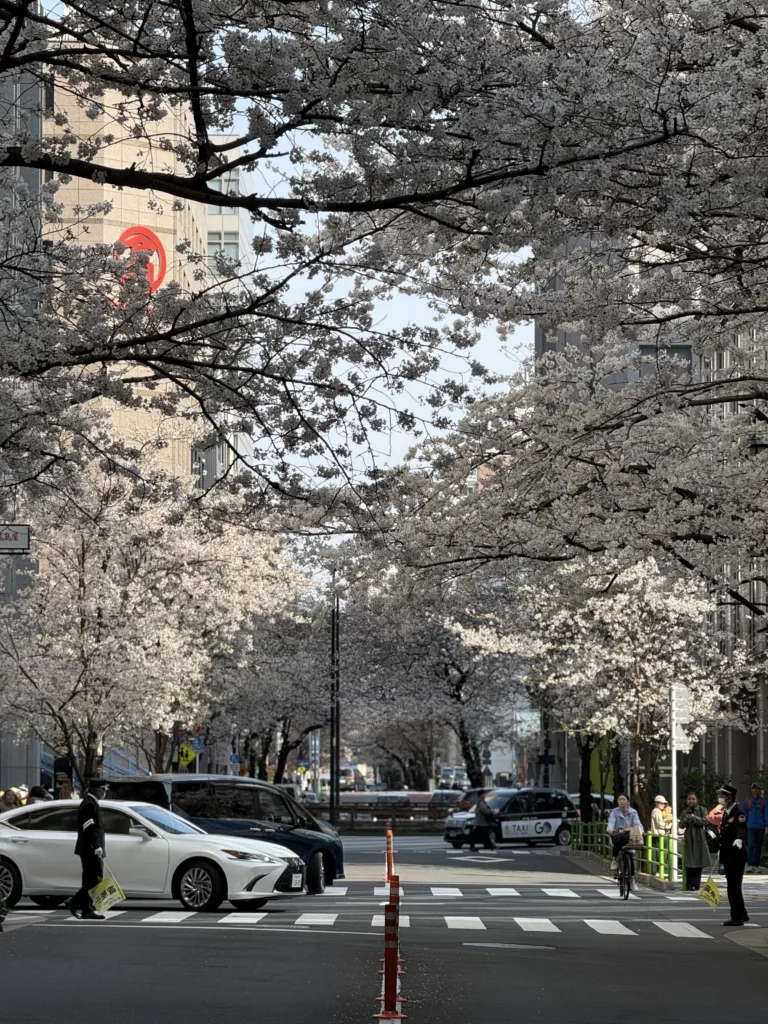
Why Japanese People May Struggle to Express Emotions
Japanese culture is renowned for its traditions and social harmony, but many observe that Japanese people often seem reserved in expressing emotions. This tendency stems from cultural, historical, and social factors that shape communication in Japan. Below, we explore why emotional expression can be subdued in Japanese society.
Collectivism and Group Harmony
Japanese culture prioritizes collectivism over individualism. The concept of wa (harmony) encourages individuals to suppress personal emotions to maintain group cohesion. Expressing strong feelings, especially negative ones like anger, can disrupt this harmony, leading many to choose restraint over openness to preserve social balance.
Honne(本音) and Tatemae(建前)
The concepts of honne (true feelings) and tatemae (public facade) are central to Japanese communication. Tatemae involves displaying socially acceptable behavior, often at the expense of honne. In formal or professional settings, people may hide their true emotions to avoid conflict or maintain politeness, making open emotional expression rare.
Historical Roots of Restraint
Japan’s samurai culture and Confucian values have historically emphasized emotional control. The bushido code valued stoicism and discipline, while Confucianism stressed duty and restraint. These ideals persist, equating emotional restraint with maturity and dignity, while public displays of emotion may be seen as a lack of self-control.
Non-Verbal Communication
Japanese communication often relies on non-verbal cues rather than explicit words. The practice of kuuki o yomu (reading the air) emphasizes understanding unspoken signals. Emotions are conveyed through subtle gestures or indirect language, which can make Japanese emotional expression less obvious to those unfamiliar with these cues.
Social Conformity
Social pressure to conform discourages open emotional expression. The saying deru kugi wa utareru (the nail that sticks out gets hammered down) reflects the risk of judgment for standing out. To avoid criticism, many Japanese people opt for emotional restraint, particularly in public or formal settings.
Modern Changes
Younger generations, influenced by global media and the internet, are becoming more open, especially in informal contexts or online. However, traditional norms still dominate in professional and familial settings, creating a gradual shift rather than a rapid change in emotional expression.




